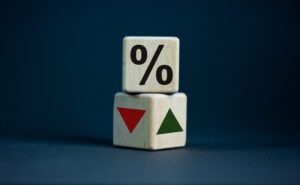In this article, we unravel the principles and practices of Halal investments, exploring pathways that lead us to pathways of financial success while staying true to our faith.
Financial investments are a powerful way to contribute to our savings. However, as Muslims, it can be hard to know which investment funds are compatible with the principles of our faith.
Enter the realm of Halal or Shariah compliant investments, a financial option that empowers our community to grow our wealth in ways that resonate with our beliefs.
What is Halal?
In Islam, “halal” means that which is permissible, standing in contrast to “haram,” or what’s forbidden. For example, in Islam, we are not allowed to drink alcohol or eat pork, nor can we participate in the selling, buying or preparation of these consumables. Likewise, our actions and behaviours, such as our manner of speech and the way we interact with others, can be deemed either permissible or impermissible.
In Islam, only Allah (SWT) holds the power to designate something as halal or haram. While not everything is explicitly labelled in the Quran and Sunnah, we can determine what’s permissible or not to us by looking at the established principles.
What Does it Mean to Make a Halal Investment?
While questions like the permissibility of investing in specific stocks cannot be answered directly by the Quran and Sunnah as they didn’t exist during the Prophet (ﷺ)’s time, Allah (SWT) has laid down certain principles to guide us in our decision-making when it comes to these areas of debate.
Avoid Investments in Unethical Industries
It’s vital to know what and where our money is going toward. As Muslims, we are not allowed to invest in companies engaged in activities that are immoral or unethical, such as pornography, gambling and tobacco. Even if it might offer stable returns, the principles of our faith come first above all else.
Steer Clear of Riba (Interest)
Even if an investment is halal by nature, the contract’s structure matters. Does it involve interest (riba)? Conventional bonds, which inherently carry interest, are seen as haram due to this.
Avoid Gharar (Excessive Uncertainty)
Muslim investors should be cautious of unwarranted uncertainty in contracts. High-risk investments, such as certain financial derivatives like options and futures, are believed to contain excessive gharar, making them non-compliant with Islamic principles.
Refrain from Maysir (Gambling)
The Quran has explicitly condemned gambling. The term “maysir” in Islam goes beyond just games; any wager that involves winning something valuable without truly earning it falls under this category. Some financial market tools, like spread betting and CFDs (contracts for differences), are also categorised as forms of gambling.
The Importance of Halal Earnings in Islam
Several verses from the Quran and ahadith emphasise the significance of halal or lawful earnings, its benefit to humanity and our responsibility to understanding and upholding it.
“Do you not see that Allah has made subject to you whatever is in the heavens and whatever is in the earth and amply bestowed upon you His favours, [both] apparent and unapparent?” (Luqman, 31:20)
This verse of the Quran highlights how Allah has provided everything in the heavens and the earth for human benefit. As such, it becomes a responsibility for us to acquire and use these blessings through lawful means, avoiding any forms of earnings that may infringe upon the rights of others or involve unethical practices.
“Do not consume one another’s wealth unjustly, nor deliberately bribe authorities in order to devour a portion of others’ property…” (Al-Baqarah 2:188)
Likewise, this verse strongly emphasises ethical conduct in finance, prohibiting unjust appropriation of others’ wealth and warning against bribery and corruption. It guides believers to earn through honesty, avoid exploitation and uphold justice and fairness in all financial dealings.
Abu Sa’id reported: The Prophet (peace and blessings be upon him) said, “The honest and trustworthy merchant will be with the prophets, the truthful, and the martyrs.” (Tirmidhi)
This hadith highlights ethics in business, placing honest merchants on par with respected figures such as prophets. It emphasises the significance of integrity and fairness in business, promising spiritual rewards similar to the recognition given to those who make significant sacrifices.
Halal Investment Opportunities Today
In today’s world, halal investment opportunities have significantly expanded, offering Muslims a wide array of Sharia-compliant financial products. These options undergo careful evaluation by knowledgeable scholars to ensure their alignment with Islamic principles.
These halal investment choices span diverse asset classes, from equities and real estate to sukuk (Islamic bonds) and halal mutual funds. Each is designed to avoid engagement in activities deemed haram (forbidden), such as interest-based transactions or industries involving alcohol and pork products. This range empowers Muslims to customise their portfolios, aligning with their preferences and financial objectives.
At MCCA, we strive to empower our community to invest and grow their wealth in ways that align with their values and financial goals. With numerous halal investment avenues to explore, learn more about our finance products today.





